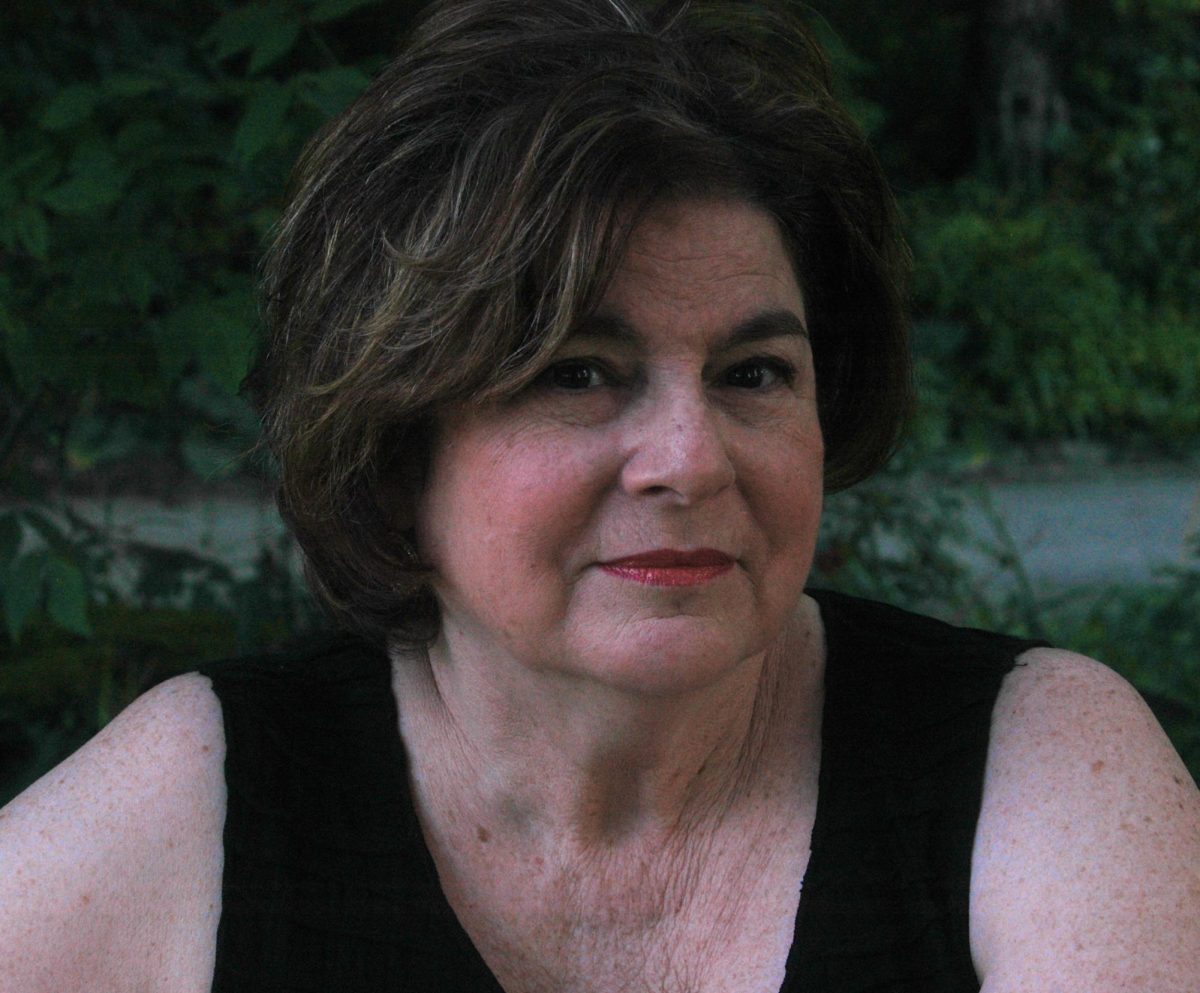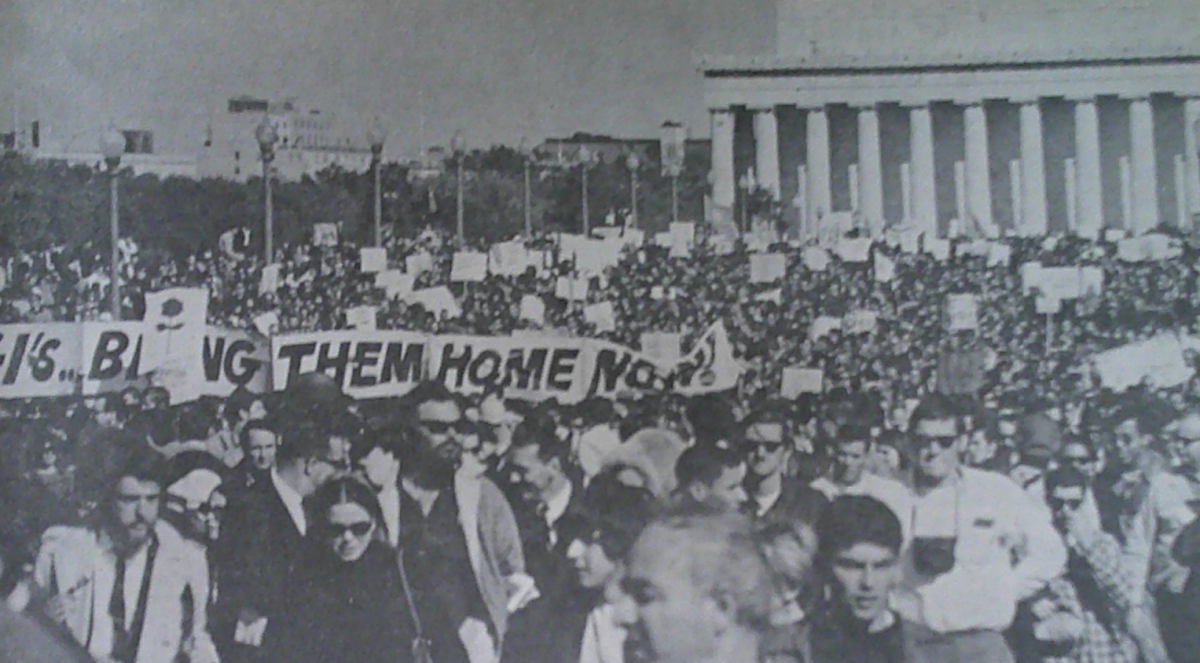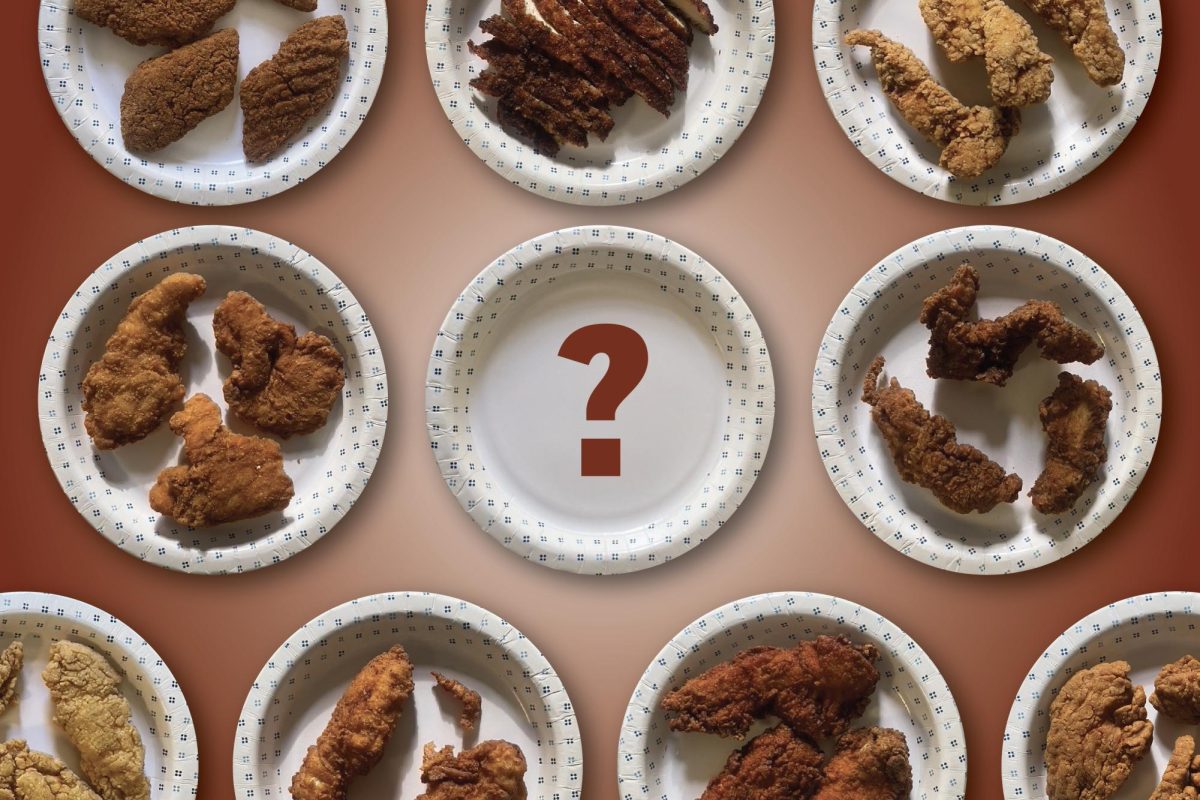This post was written by Hatchet Reporter Crystel Sylvester.
Allied in Pride and the Black Graduate Student Association co-sponsored a panel Tuesday to discuss LGBT leaders in the civil rights movement.
The president of the BGSA, Oshane Mcrae, said that the quote that helped the organization guide its event planning was, “injustice anywhere is a threat to justice everywhere.”
The panel featured Bennett Singer, a filmmaker, Mandy Carter, an activist and Nobel Prize nominee, and Ashley Ison, a graduate student with a bachelor’s degree in African American Studies from Yale University. Timothy Kane, associate director for inclusive initiatives at GW, moderated the panel.
1.Rustin’s life
The two-hour panel centered on Bayard Rustin, the chief organizer of Martin Luther King, Jr.’s famous March on Washington. It also included clips from the film Brother Outsider: The Life of Bayard Rustin. Singer was the producer and director of the film.
“He is the unknown hero, or one of them, of the American civil rights movement,” Singer said.
Singer provided a short biography of Rustin’s life and activism, including how his principles were grounded in a Quaker upbringing. The panelists said he believed firmly in the Quaker principle of interconnectedness.
“He never strayed from his principles,” Ison said.
All three panelists noted that they had stumbled upon Rustin by accident, through unexpected internships or classes.
2. Rustin’s relationship with King and his role in the Civil Rights Movement
Clips from Brother Outsider depicted Rustin’s role as King’s mentor during the Civil Rights Movement, including teaching him about the true meaning of nonviolent protest.
Singer said Rustin spent time in India where he studied Gandhi’s ideas of nonviolence.
3. The connection between the gay rights movement and the Civil Rights Movement
Ison said that there was not just one single civil rights movement, because all efforts have been a continuation.
Carter said the push for equal rights for LGBT people and African Americans was rooted in the same desire for equal treatment.
“Here’s the common denominator: we’ll kill you if we don’t like you,” Carter said.




